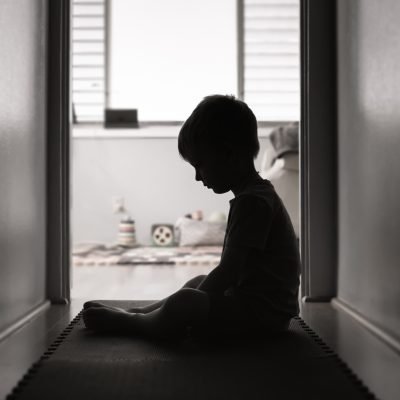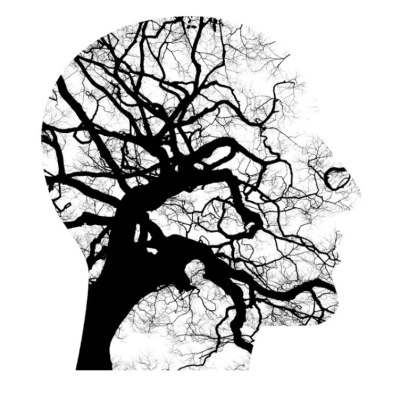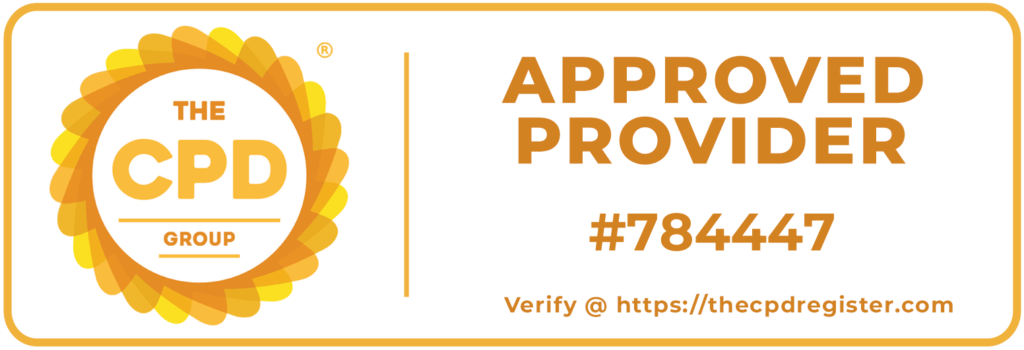We are SEN Parent Support Group, and while we help you advocate fiercely for your children, we are also here to support you.
Today, I want to acknowledge the toll this relentless battle for support can take on parents and carers. If you’re constantly in “battle mode”—fighting for assessments, diagnoses, SEN support, EHCPs, mediation, tribunals, and more—while also supporting your child, it can wear you down, physically and mentally.
For some of us, this exhaustion creeps up gradually; for others, it crashes in unexpectedly. One day, you might just feel like there’s nothing left. I’ve been there too. I’ve sat, frozen in place, unable to think or process, completely overwhelmed. I’ve found myself rocking back and forth, trying to soothe the intense stress that had built up after countless days of adrenaline-fueled struggle. Between supporting my son through school trauma and fighting on multiple fronts to get him the help he needed, I hit my limit.
I froze.
I felt lost.
I thought I had nothing more to give.
Some parents in this constant fight live in a heightened state of stress for so long that it leads to something deeper: post-traumatic stress disorder. Yes, it’s real, and it needs to be recognised and treated seriously.
Right now, as the stress of returning to school looms large and the pressure of the new penalty framework weighs on many of you, it’s more important than ever to acknowledge this struggle. The cost of this fight is immense, and if you’re feeling the pain of it—you are seen, and you are heard.
As SEN parents, we will always fight for our children, but we must also care for ourselves. Without us, who will be there to advocate for them? So please, take a moment—whether it’s one minute or ten—to think about you. What can you do today to take care of yourself? Call a friend. Set up a coffee date. Take a bath. Book that long-overdue hair appointment. Go for a walk. Read that book. Whatever it is, find a way to put yourself first, even for a short while. You matter. You deserve time for yourself.
The long-term effects of burnout and PTSD are real. If you recognize the signs in yourself—whether it’s anxiety, feeling overwhelmed, or just not feeling like “you”—reach out to your GP. Don’t ignore it. You deserve help, too.
Symptoms of PTSD (taken from Mind):
· Reliving aspects of what happened (flashbacks, intrusive thoughts, nightmares, intense distress, physical sensation such as pain, sweating, nausea or trembling)
· Alertness or feeling on edge (panic attacks, easily upset or angered, hypervigilance, sleep disturbances, irritability, difficulty concentrating, other symptoms of anxiety)
· Avoidance of difficult emotions (Keeping busy, memory gaps, emotionally numb, detachment, unable to express affection, using substances to self-sooth)
· Difficult beliefs or feelings (difficulties with trust, overwhelming feelings of anger, sadness, guilt or shame, blaming yourself, feeling unsafe)






